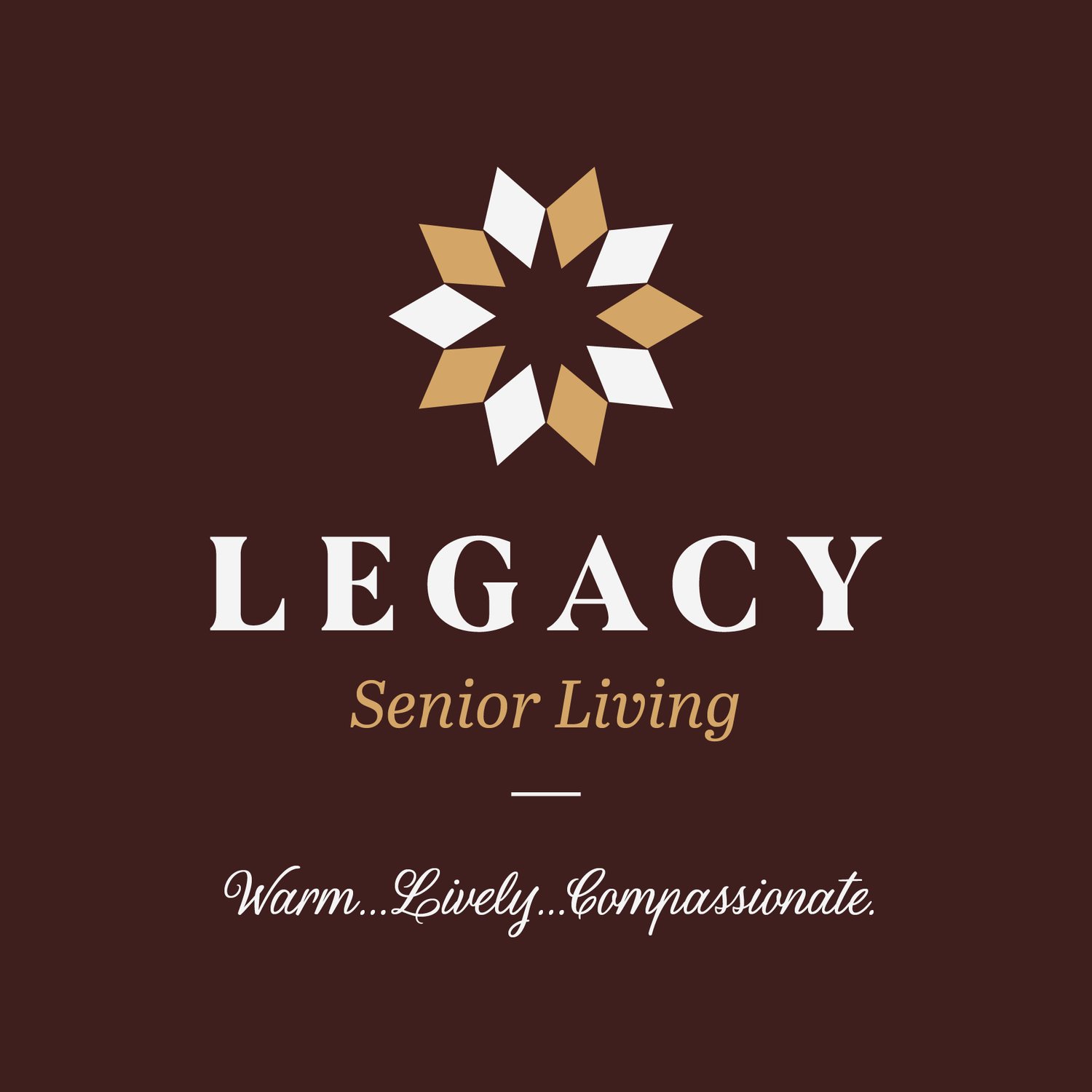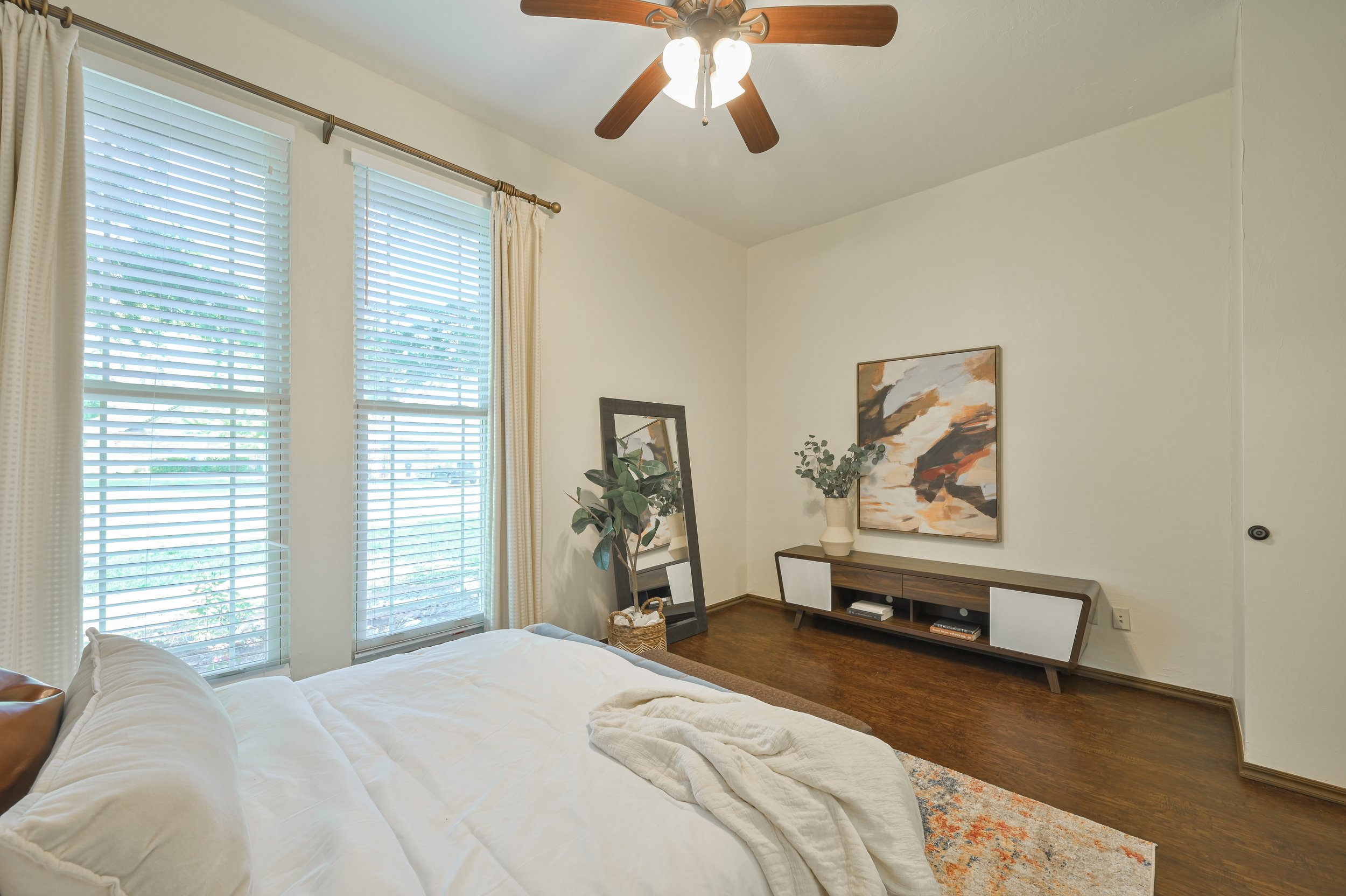Residential Assisted Living - Modern solutions to classic values
Finding holistic care today - Residential Assisted Living provides modern solutions to timeless needs.
Powerful stories exchanged across generations
Yesterday I had the pleasure of talking to a nurse who started her career in 1968. She discussed the profound changes across the healthcare industry which has changed the tactics however the principles of care remain the same.
She mentioned that in 1968 when someone needed help with caring for a loved one they could check a loved one into the emergency room and the hospital would provide care, nourishment, and testing for a holistic care experience. This would allow families and friends to take care of additional matters. This is known as respite care today. She discussed the impacts of Medicare shifting to DRGs in 1984 and how that affected hospitals from providing that care. She then talked about the recent shift (also a way to offer less service for the same amount of money through centralized payment models) with the Affordable Care Act to bundled payments and how that is affecting access to care from Medicare. The payment model is only one pillar in planning.
Residential Assisted Living is a modern solution to provide holistic care in a home. The need to care for our loved ones has not changed from 1968 to the present. Here is an overview of what that holistic care looks like.
Creating a holistic approach in a residential assisted living facility involves considering the physical, emotional, social, and mental well-being of the residents. This approach focuses on providing comprehensive care that takes into account all aspects of a person’s life. Here are highlights of what to consider in a holistic approach:
Person-Centered Care: Treat each resident as an individual with unique needs, preferences, and histories. Involve them and their families in care planning, ensuring that their voices are heard and respected.
Physical Well-being:
Provide nutritious meals tailored to residents' dietary needs and preferences.
Ensure proper medication management and regular medical check-ups.
Create opportunities for physical activities appropriate to residents' abilities, such as gentle exercises, walks, or yoga.
Emotional and Mental Health:
Offer activities that stimulate cognitive function, such as puzzles, games, and memory exercises.
Provide spaces for relaxation and reflection.
Arrange for mental health services, counseling, or therapy if needed.
Encourage social interactions to prevent feelings of isolation.
Social Engagement:
Organize group activities like crafts, book clubs, music sessions, and outings to promote social interaction.
Create communal spaces that encourage residents to engage with one another.
Celebrate holidays, birthdays, and special occasions as a community.
Spiritual Well-being:
Respect residents' spiritual and religious beliefs, providing space for prayer or reflection.
Arrange for religious services or visits from spiritual leaders if desired.
Environmental Considerations:
Design the living space to be comfortable, safe, and aesthetically pleasing.
Incorporate natural elements like plants and outdoor spaces for relaxation.
Training and Staffing:
Train staff in empathy, active listening, and effective communication.
Ensure that staff members understand the importance of the holistic approach and are dedicated to its implementation.
Family Involvement:
Encourage families to be active participants in their loved one's care and well-being.
Provide regular updates on their family member's status and involve them in decision-making.
Recreational and Therapeutic Activities:
Offer a variety of activities that cater to different interests and abilities.
Incorporate music therapy, art therapy, pet therapy, and other forms of engagement.
Regular Assessments and Adaptation:
Continuously assess residents' needs and preferences, adjusting the care plan as required.
Stay updated on the latest best practices in senior care and adapt your approach accordingly.
Collaboration with Professionals:
Partner with medical professionals, therapists, nutritionists, and other experts to provide comprehensive care.
Documentation and Communication:
Maintain thorough records of residents' care plans, progress, and preferences.
Foster open communication between staff, residents, and their families.
Remember that a holistic approach requires flexibility and a deep understanding of each resident's unique situation. Regular feedback from residents and their families helps refine and improve holistic care models over time.
Despite the rapid changes in the world make sure to explore how your plan incorporates these elements into your loved one’s care!
Until next time ~ Here is to your health!
~ Katie





